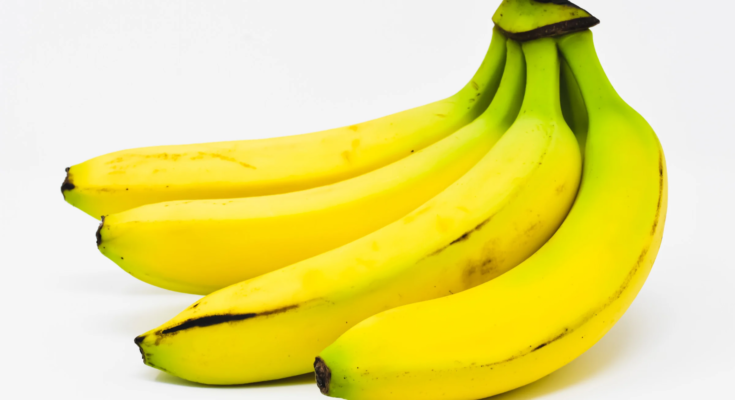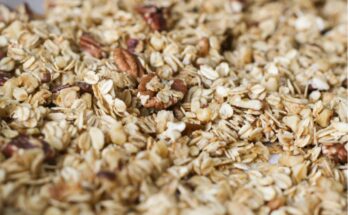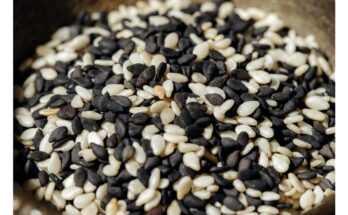Bananas are a powerful combination of energy, nutrients, and essential vitamins and minerals, making them one of the healthiest fruits you can eat. They are higher in solids and lower in water content compared to most other fresh fruits, which makes them an excellent source of calories and quick energy. A large banana provides over 100 calories and is rich in natural sugars that are easily absorbed by the body, helping you recover from fatigue quickly.
A Perfect Pair with Milk
When combined with milk, bananas create a nearly complete and balanced meal. Bananas contain high-quality protein, including three essential amino acids, which makes them a great source of nourishment. Milk and bananas complement each other well, providing all the nutrients your body needs to stay strong and healthy.
Supports Strong and Healthy Tissues
Bananas help the body retain important minerals like calcium, phosphorus, and nitrogen, which are essential for building and repairing tissues. They also contain invert sugar, which supports growth and boosts metabolism, helping the body stay energized and youthful.
Nutritional Value (Per 100g)
- Energy: 116 kcal
- Moisture: 70.1 g
- Protein: 1.2 g
- Fat: 0.3 g
- Fiber: 0.4 g
- Carbohydrates: 27.2 g
- Calcium: 17 mg
- Phosphorus: 36 mg
- Potassium: 88 mg
- Iron: 0.9 mg
- Vitamin C: 7 mg
- Carotene: 78 µg
- Vitamin B Complex: Small amounts
Good for Digestion
Bananas have a soft texture and mild flavor, making them easy to digest. They are beneficial for people with digestive issues because they help soothe the stomach and promote healing. Bananas are also helpful for both constipation and diarrhea. Their high pectin content absorbs water and adds bulk to stools, helping to regulate bowel movements.
Natural Remedy for Digestive Problems
Mashed bananas with a little salt are a traditional remedy for dysentery. For children, thoroughly mashed ripe bananas help relieve digestive discomfort and are easy to digest.
Boosts Blood Health
Bananas are high in iron, which helps stimulate the production of hemoglobin, making them useful for treating anemia.
Safe for Allergy Sufferers
Bananas are usually well-tolerated, even by people with food allergies. Unlike other protein sources that may trigger allergic reactions, bananas contain mild amino acids that are less likely to cause issues.
Supports Weight Management
Bananas are low in sodium, which makes them suitable for people trying to lose weight. A diet of bananas and skimmed milk is considered effective for weight loss.
Rich in Minerals and Enzymes
Bananas provide important minerals like iron, potassium, and calcium. They also contain enzymes and beneficial compounds that support overall health. The unique aroma of bananas comes from a compound called amyl acetate, which develops as the fruit ripens.
Benefits of Plantains and Green Bananas
Plantains, a type of banana, are also highly nutritious. Ripe plantains act as a natural laxative and help relieve constipation, especially in children. Green bananas are often cooked and used in various dishes. They are made into chips, curries, and even flour, which is richer in minerals than wheat flour and easier to digest.
Versatile in Cooking
Bananas are used in a wide range of recipes, from snacks to desserts. Ripe bananas are often eaten fresh or added to salads and milkshakes. Green bananas are commonly used in cooking. Banana chips and dried banana figs are popular snacks that can be stored for long periods. Banana flour is used in baby food and for people with digestive issues.
Conclusion
Bananas are not just a convenient snack—they are a powerhouse of nutrition and health benefits. Whether eaten fresh, cooked, or added to recipes, they offer a simple and natural way to boost your health. So next time you grab a banana, remember you’re holding one of nature’s most valuable gifts!





Hello.This article was really remarkable, particularly because I was searching for thoughts on this topic last Friday.